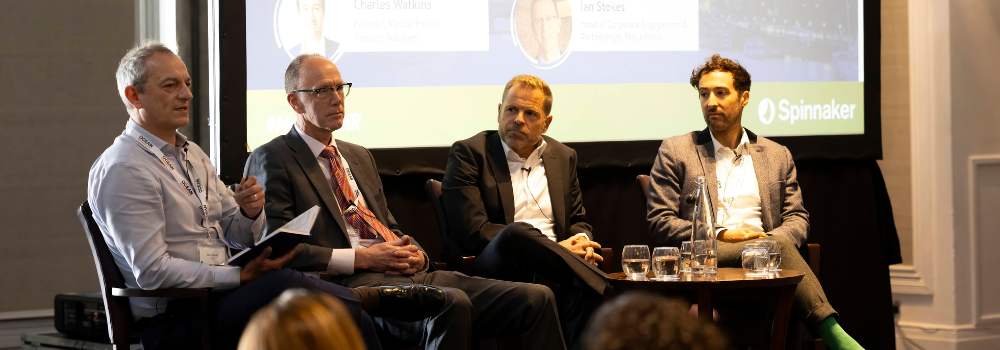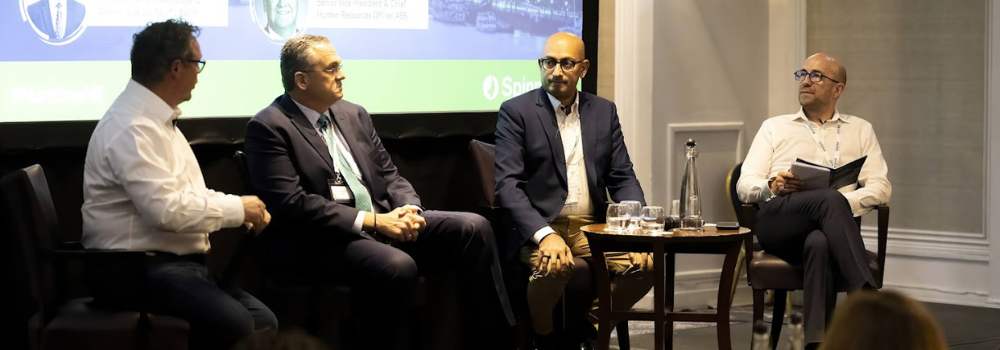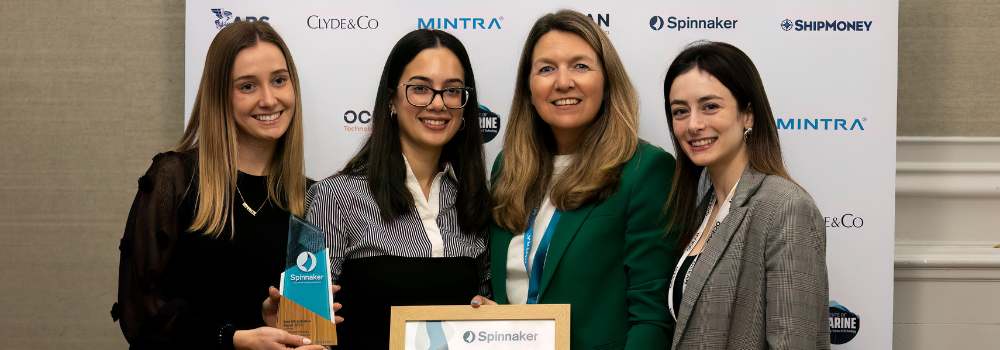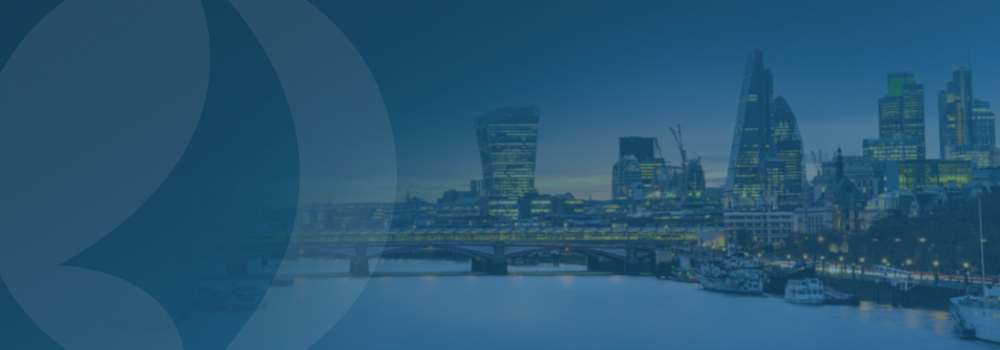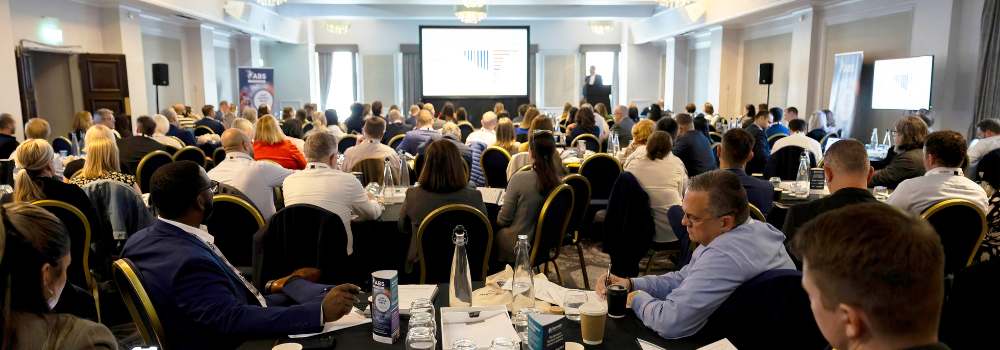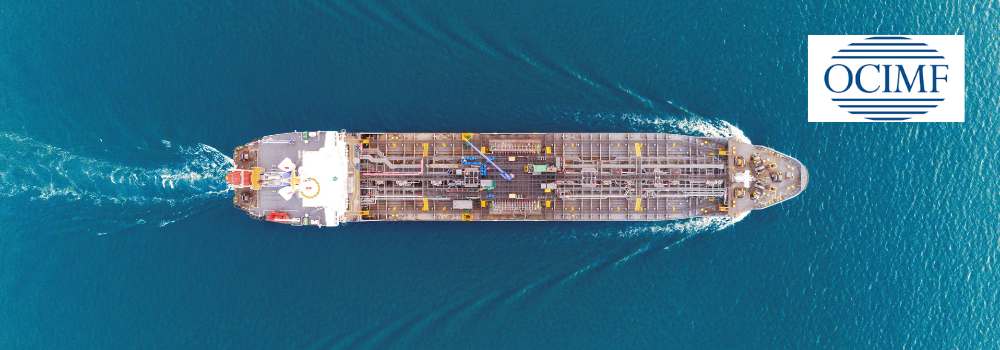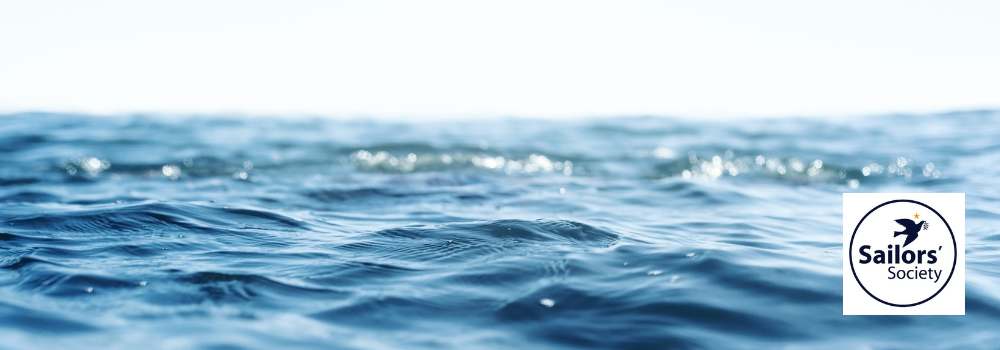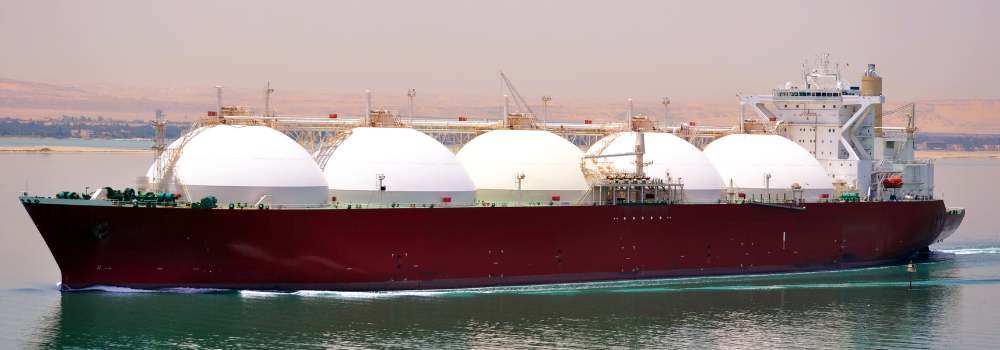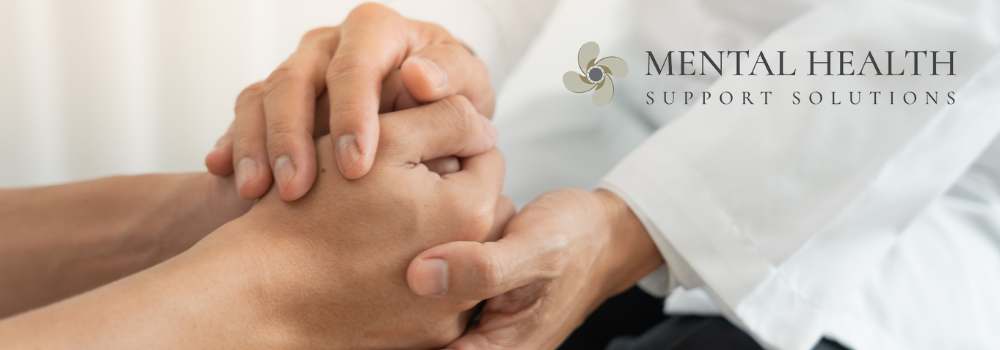Industry is failing to support its senior seafarers and their crew as it lacks efficient systems for sharing best practices and knowledge across organisations, delegates at Spinnaker’s Maritime People & Culture Conference in London heard
The session highlighted the significant generational divide between senior and junior crew as a key challenge and, especially, insufficient emotional intelligence and leadership skills among captains to effectively motivate and communicate with their crew.
Charles Watkins of Mental Health Support Solutions, an organisation focused on promoting mental health and wellbeing in the maritime industry, shared an example of an old East European captain who believed that “no feedback is the best feedback,” contrasting with the younger generation’s expectation for clear instructions, appreciation and the ability to ask questions. This divide leads to a lack of trust and support, hindering effective communication and collaboration.
There was also recognition of challenges faced by junior captains in their first or second year in the post and the paradox that while they value communication when climbing the ranks, they often face a kind of paralysis when communicating with their crew. All will want to project individual strength and deliver results, at the same time, they will not want to express worries and concerns to the crew, through fear it might be seen as inappropriate or create toxicity on board. This led to a discussion on how 95% of a captain’s training is typically about 5% of their role: how they steer, moor, load and unload their vessel. Very little relates to how to be a good leader.
Founder of The Captain’s Coach, a coaching and mentoring service aimed at supporting maritime professionals, particularly ship captains and senior officers, John Beavis said this underlined the importance of investing in leadership development programmes that help captains “mirror, match, relate and communicate” with their crew, to foster a more supportive and effective work environment.
Captains also need to heighten their emotional intelligence when it comes to their own welfare. “We coached a very well-known cruise ship captain, with a huge social media following, that meant to some extent guests were choosing to sail with him over the cruise line brand,” he said. “The company were worried about him burning out because he’s been operating at such a high intensity throughout his career. When we started discussing emotional intelligence with him, it was like opening a whole new world. It’s about finding balance. Captains need to be self-aware and able to step back, view the bigger picture, and delegate rather than trying to manage every detail themselves.”
Mr Beavis said meaningful training helps captains maintain their energy levels at around 7 to 8 out of 10 throughout their contract, “so they don’t feel broken or emotionally wrecked. When they go home, they should be in good shape to be with their loved ones, and when they’re on board, they should be more stable and focused; a calming influence on the bridge, in the engineroom, or when dealing with guests on a cruise ship.”
Discussion of energy levels raised the issue of sleep deprivation on board. “When we consider rest and sleep, as many of you working in the industry know, the information is not always communicated honestly,” said Mr Watkins. “In our partnership with Canberra Sea, we have access to data from smart sensors that measure strain, stress, and sleep among seafarers. The data shows that while shore-based workers get around 7-9 hours of sleep, seafarers only get about 4-5 hours of sleep. Regardless of the source, it’s widely accepted that 7-8 hours of sleep is crucial for health. This means that seafarers are not getting enough sleep and are working under conditions that differ from the norm, with a different standard applied to them.
“Captains and leaders are expected to take on numerous additional tasks, with a significant digital component to their jobs. They come to us struggling to manage and balance their sleep, as this is just as challenging as their other responsibilities. They are constantly answering emails, going to the office, and are expected to be good leaders for their crew while also navigating the ship and maintaining their own well-being.”
Mr Watkins was quick to highlight “the demands placed on seafarers are continually increasing, and there is a need for extensive training to keep pace with the technical aspects of the job, but also address the emotional and psychological challenges faced by seafarers.” This training, he said, should equip seafarers with the necessary skills to manage their well-being, communicate effectively, and adapt to the changing expectations and requirements of their roles.
As well as age barriers, there can be cultural barriers that impact smooth communication too. Even with the most robust assurances around confidentiality, some cultures may hesitate to speak up, making it difficult to assist if there is an issue.
So what is the answer? Head of corporate engagement at Stella Maris, Ian Stokes, said his charity helps senior crew members in two main ways. “They appreciate having ship visitors and chaplains on board because we assist the crew with transport, financial issues, and simply being someone to talk to. We also provide practical support by taking them ashore, connecting them with their families, and purchasing items they can’t get delivered to the ship. By helping the crew, we indirectly support the captain. We also support captains directly by giving them some time back, such as ferrying them to a barber for a quick hair cut when they come into port, are on a tight schedule, and want to be in and out as quickly as possible.”
For Mr Watkins, in changing times there is one old component that remains constant: “People expect, need and want safety, including psychological safety. Safety is a feeling, and you can sense the type of environment you’re in as soon as you step onto a vessel. You can tell by the way people communicate with you. Can you speak up in a safe place? Can you voice your opinion? Or do you have to be afraid of consequences if you say something that is out of place, out of line for your rank, or questions authority? Creating psychological safety, which leads to work safety, is a crucial and significant factor in a captain’s leadership and how they operate the vessel.”
The panellists agreed on the need to share best practices and successes across the industry while respecting each company’s unique positioning. However, they acknowledged that establishing efficient systems for sharing knowledge and experiences remains a challenge.
To address the difficulty in obtaining accurate data across different cultural contexts, the industry could designate culturally aware representatives to gather information and facilitate confidential communication between crew members and management. This approach could help build trust and encourage seafarers to speak up about their concerns.
Establishing industrywide platforms for sharing best practices, successes, and knowledge related to seafarer wellbeing was also seen as crucial for driving progress. Enhanced collaboration with other transport sectors, such as aviation, that have more developed wellbeing programmes, could unlock further progress.
By Edwin Lampert, Riviera Maritime Media

